
T Magazine, 2011.
There is something about the way Cass Bird shoots women that is, well, different. Bird’s work defies what we might traditionally think of as masculine or feminine, and yet it’s neither an amalgamation of the two, nor a denial of either. It’s wholly human. Her images lack the cool distance and inaccessibility of the overly romanticised ‘feminine’ gaze, but there is no ‘anti-gender’ agenda. Instead they emit warmth, irreverence, and the gorgeous grittiness of a real moment happening in real time. They are of women simply being women, unbound and full of spirit – the girl in and out of control, completely present, completely who she is.
“I think my interest is always about connecting with people ... Photography is a great vehicle for that.”
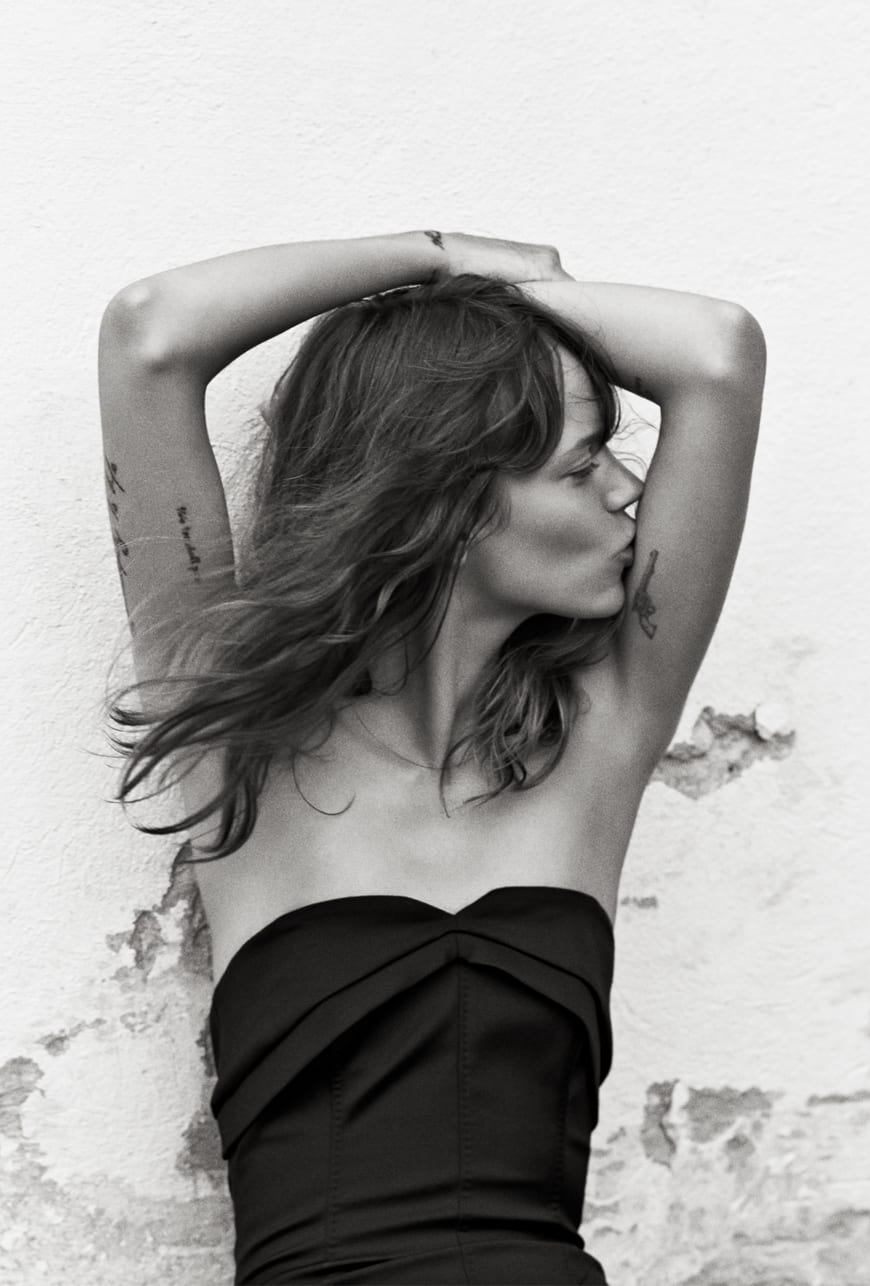
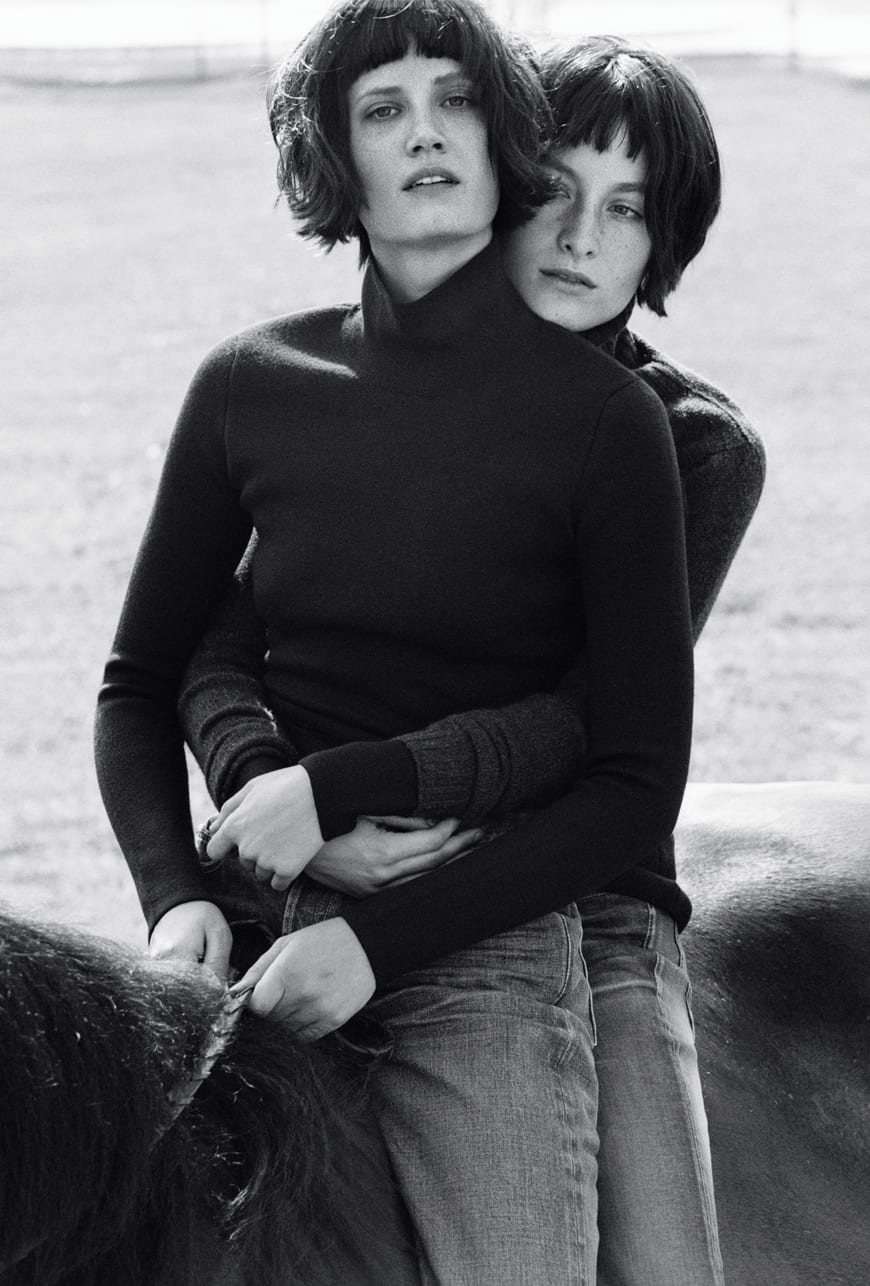
“Daria [Werbowy] is such an amazing subject but above all a collaborator. When we shoot we’re making pictures together.”
Starting with portraiture was key to defining Bird’s distinct style as a photographer and an artist. Her interest is oriented to people rather than spectacle, and there is no division between herself and her subject. And while it’s easy as a photographer to shield yourself behind the lens, Bird relishes entering that space with her subjects, heart open. It’s as if she is in on their joke, privy to their darkest secrets, as if they’ve spent late nights together laughing, crying, getting drunk. Some of her most iconic shots are of the famously low-key supermodel Daria Werbowy, who always seems utterly at ease in front of Bird’s lens whether she’s dressed as part-boy, part-girl, or completely naked.
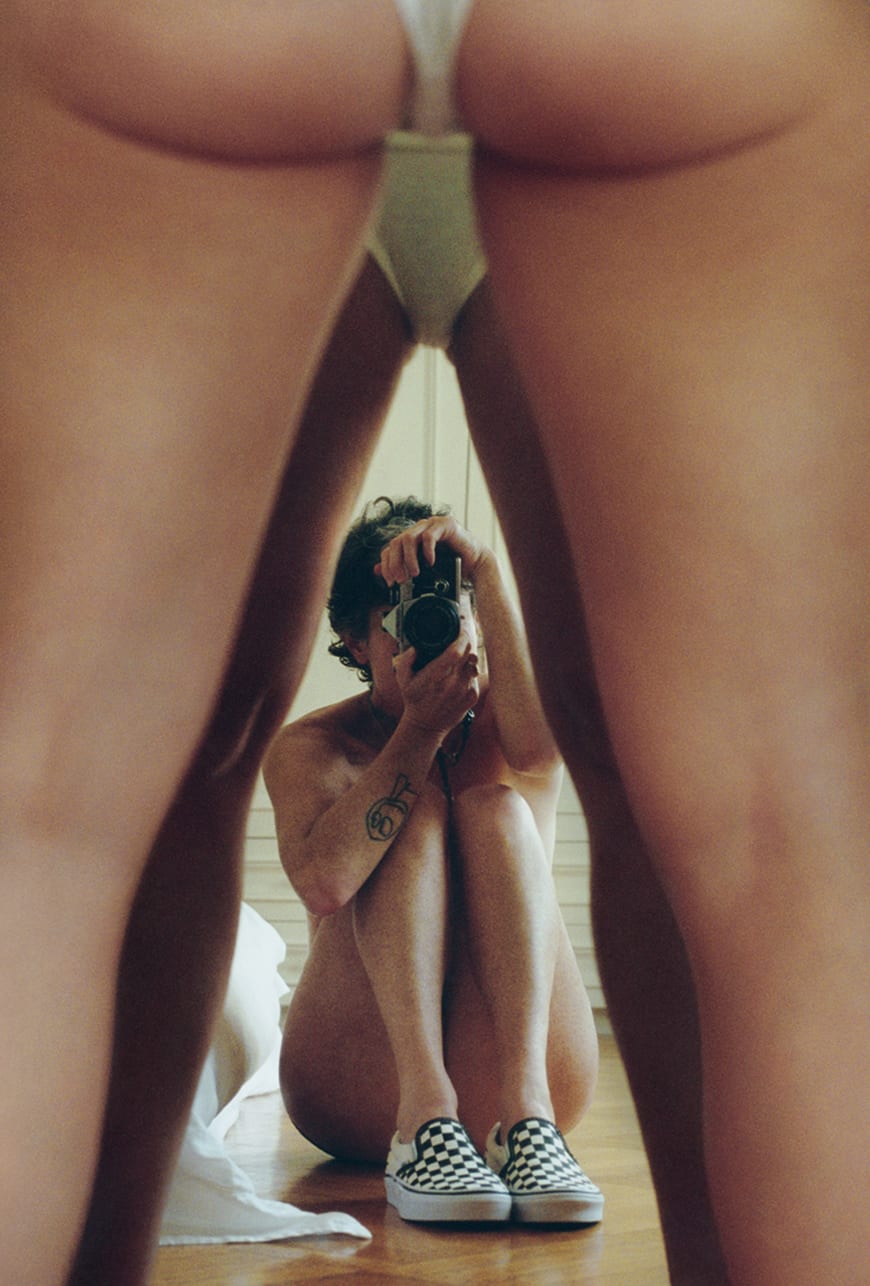
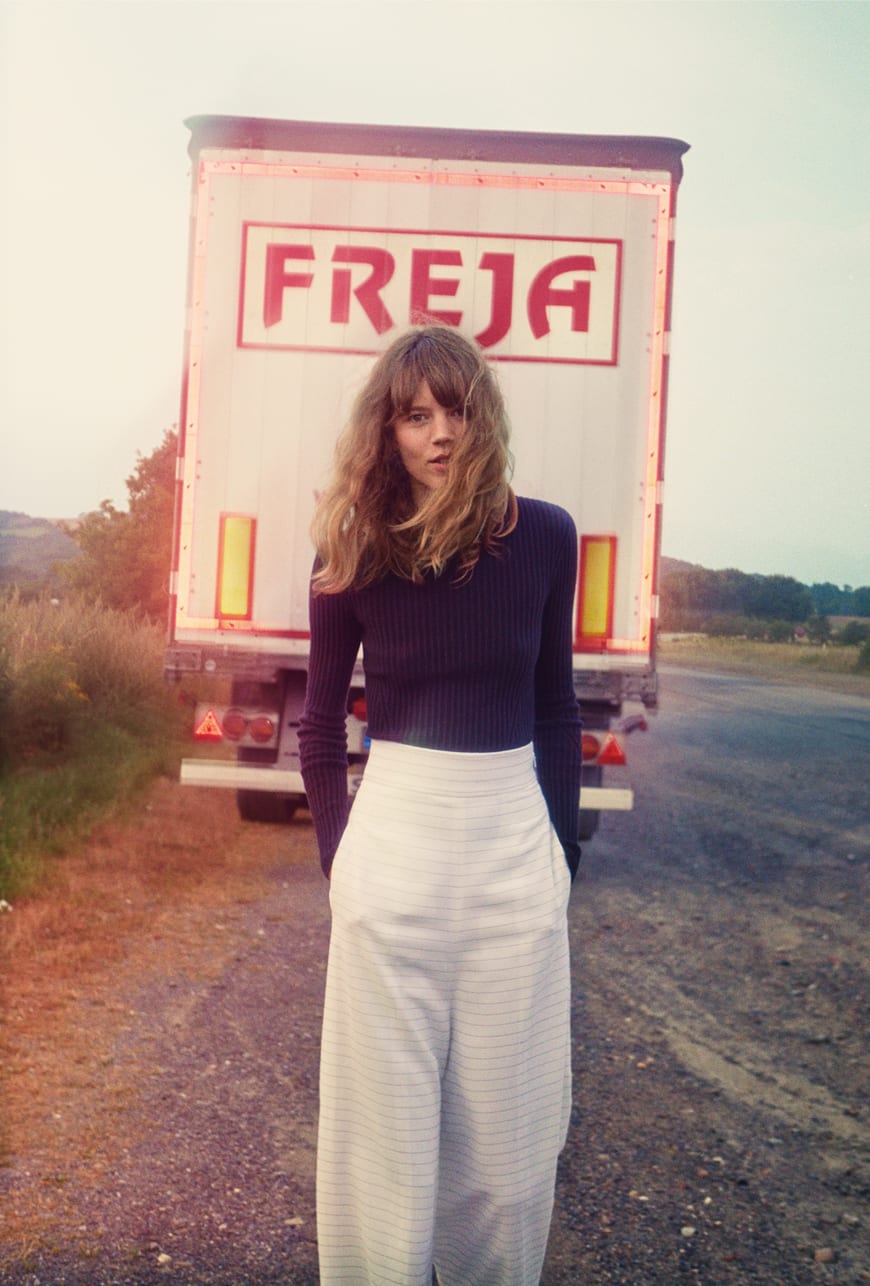
“I love seeing someone and allowing them to see you while shooting; allowing someone to trust you enough to capture them authentically.”
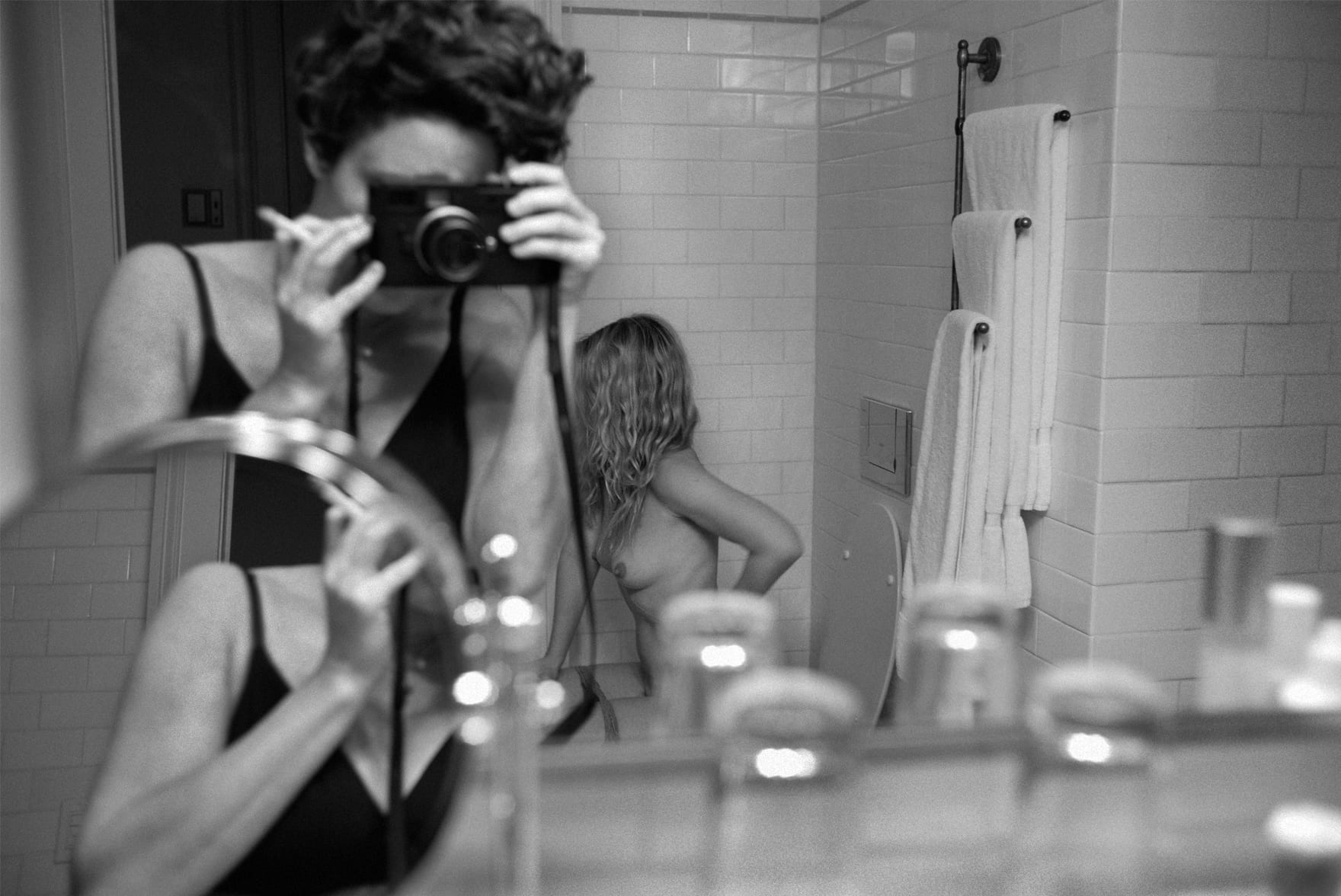
Bird now lives in Brooklyn, New York, with her wife, Ali, and their two children Leo, born of Cass, and Mae, born of Ali. Carrying her child was a profound catalyst in expanding her understanding of what it truly means to be a woman. The question of what characterises femininity, and indeed beauty, is a subtle but discernible theme throughout Bird’s body of work. “I find most ‘femininity’ to be prescribed and I’m still trying to find out what is masculinity and femininity,” she says. “My own understanding is limited but I know that my interest lies within it.”



